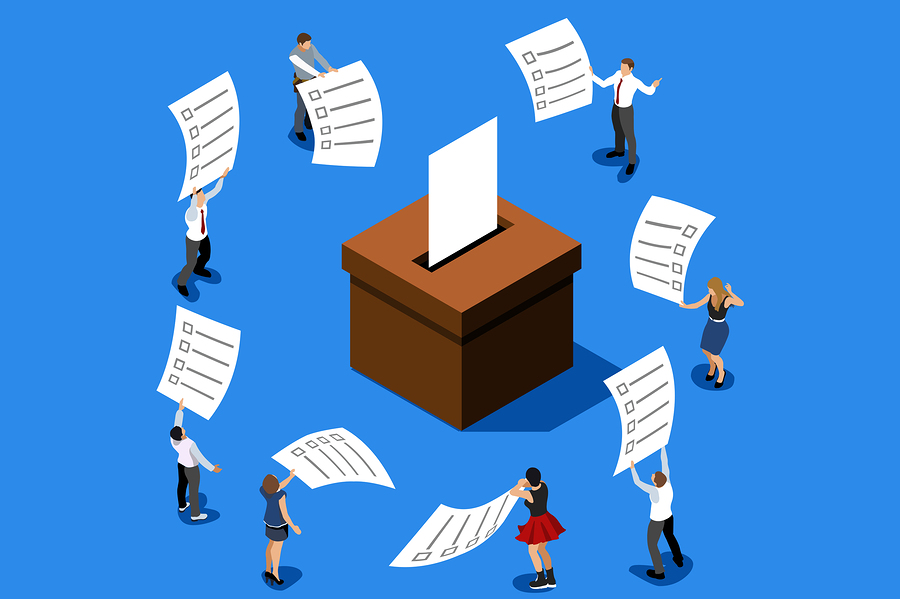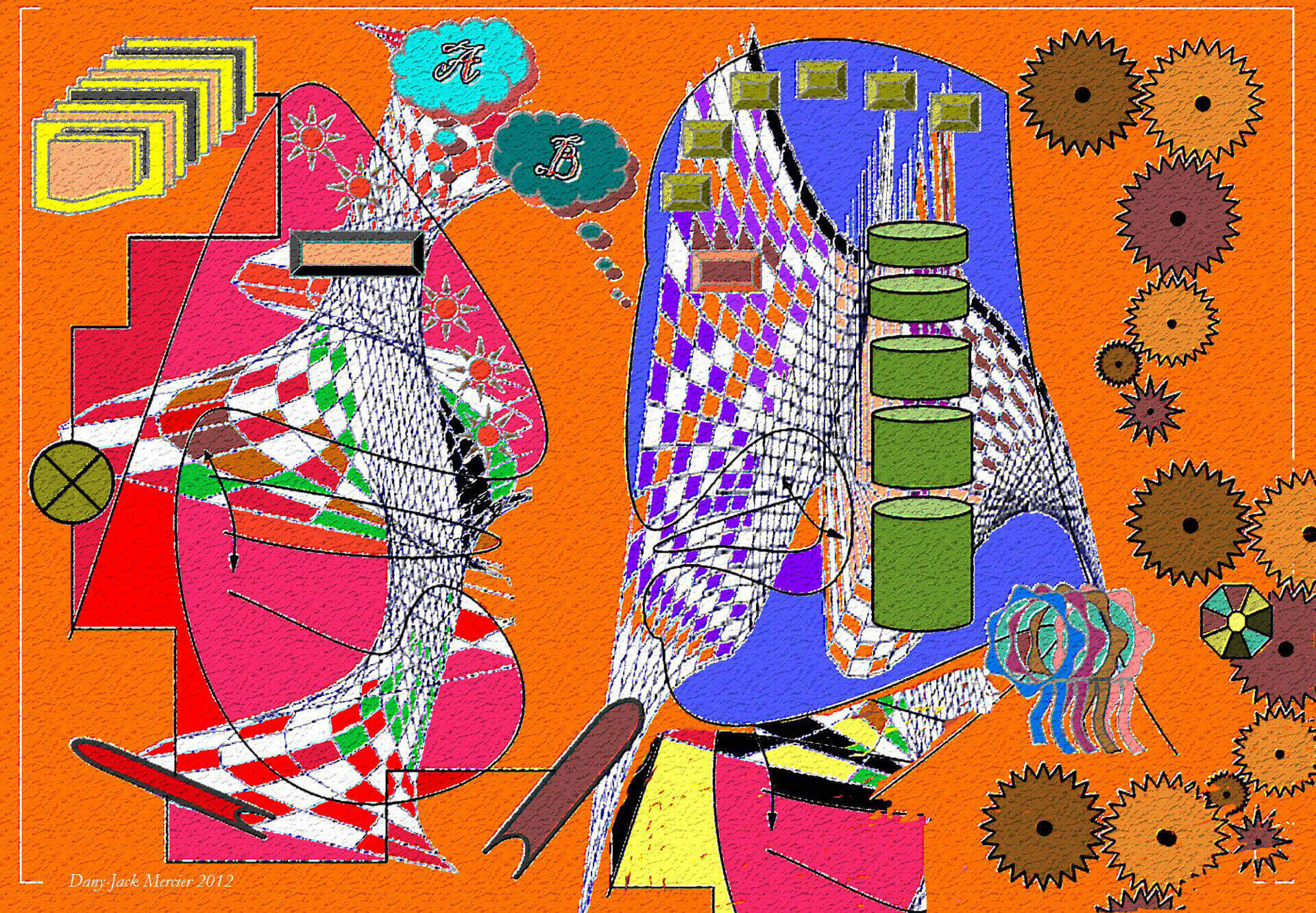To educate full responsible and aware citizens, we need to teach them that civic duty goes beyond vote and opinions.
Photo: Bigstock.
We all know who the president is, the governor, the mayor, but what about our state senators? Our deputies? Our representatives?
Let’s be honest, when we go into the poll on Election Day, do we know all the candidates we’re voting in? Do we know all their initiatives? Their full agenda? Their careers? Do we have a history of their decisions in public service?
One of the biggest reasons of political apathy is the idea that our public servers are not qualified, or that they would screw us over anyway. This trend perpetuates a vicious cycle. The average citizen votes with apathy or doesn’t even vote, either way, once Election Day is over, so our duty as citizens, this mindset is part of the problem.
One of the biggest challenges for civic education is to break this cycle but to figure out how to do it is essential to understand the strengths and weaknesses of how we teach children to be aware and participants citizens.
How are we in civic education?
The 2016 U.S. Election was a wake up call for the United States, even if Donald Trump took home only 43% of the popular vote, that’s still over 22 millions Americans choosing him to be Commander in Chief, and even if his popularity has gone down since he was elected, the number of people standing behind their vote is still significant.
Looking back to his questionable decisions as president, either if we agree with them or not, it brings up insights about how we see politics, even when educated in it. American schools have a new AP government class that in theory can change the game when it comes to understanding politics, but will it be enough to create citizens that can make the best use of their vote and hold public servers accountable?
Jay Matthews, political columnist at the Washington Post for 50 years, thinks we need a little bit more than that. Knowing your candidate, their agenda, even the process of voting, is just part of the way.
>
“If our ignorance is to blame in part for the 2016 election results, which I have heard people say, what exactly should we have learned that would have kept us from electing President Trump? Were we overwhelmed because he said so many things that weren’t true? My civics and history teachers taught me that presidents can and do lie. Was it his inexperience or nastiness? I know many A-plus civics students who voted for people like that.”
He argues that the key to secure better representatives and ensure that they make good decisions for the people is not just knowledge, but self reflect, awareness, empathy and collective thinking instead of the mindset that favors personal gain. “Voting in America is very personal. It forces us to think as individuals not only about what we learned in school but also our feelings about the candidates. Our knowledge and emotions may conflict. Frequently, we operate on blind faith that God or good luck will pull us through,” adds Matthews.
How do we take back political stances and the vote?
Something the United States does not lack is principles and enthusiasm, 75.4 million Millennials conform the backbone of the population in voting age, a good number of us are knowledgeable in terms of politics, we are highly opinionated, and we love to take on public spaces to make that opinion heard.
But what do we do beyond that? Do we keep in touch with the politics we elected? Do we put in the time to help initiatives that align with the work of these public servers? Do we even have political conversations outside election time for the specific purpose of deciding our vote?
Don’t politicize, has become a war cry for the people numbed by the twister of the political change since 2016 elections, a lot of them are tired of fighting, losing friendships and even relatives to ideological differences. But, as said by Matthews, this is only logical when voting and holding political stances is a personal issue and not a real civic right and duty.
The first step to have an effective civic education is to understand that our vote and our political stance is not something to do out of personal taste, but out of collective duty, not just to the people who think like us, but to everyone in our municipality, region, county, state, and country.
For democracy to work as intended, Americans are in for a handful, since even before thinking about voting, and the exercise of other civic duties, they have to see themselves as part of the same community and pull together for the good of the whole group. The American dream needs an update, and this could be it.
This article from Observatory of the Institute for the Future of Education may be shared under the terms of the license CC BY-NC-SA 4.0 
)
)











)
Andrés García Barrios
Andrés García Barrios
Andrés García Barrios